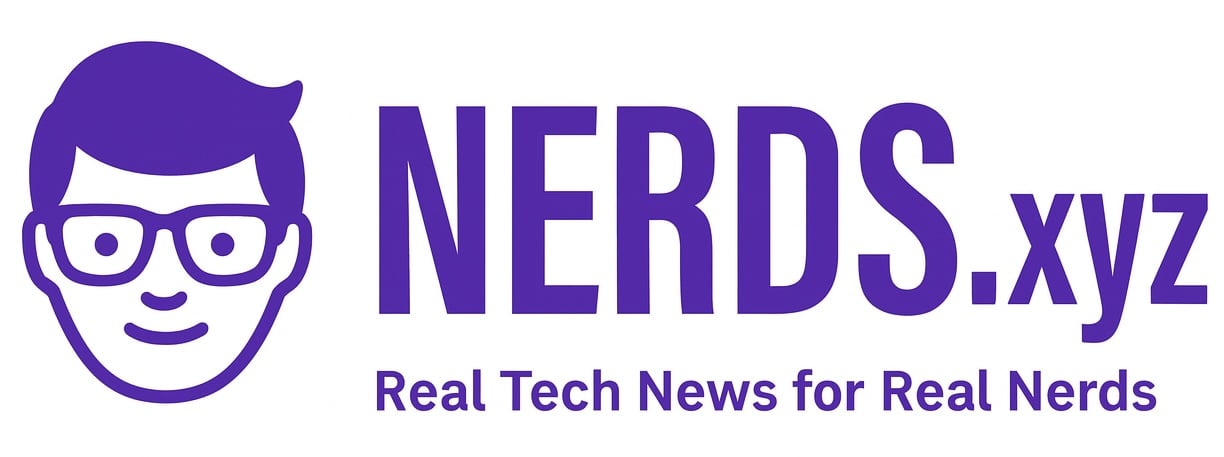
Grammarly is buying Superhuman, the fast and flashy email app that promises to help users reply faster and save hours each week. The acquisition signals Grammarly’s plan to move beyond writing suggestions and become a full productivity platform centered around AI agents.
Instead of tacking AI onto existing tools, Grammarly says it has built an AI superhighway. This system already supports writing assistance across more than 500,000 apps and websites. Now the company wants to expand that by adding more agents to handle more tasks. Email is its next major focus.

Ledger supports Linux, is open-source where it counts, and is battle-tested. If you’re holding crypto, you should own a hardware wallet.
Grammarly CEO Shishir Mehrotra said, “This is the future we’ve been building toward since day one. AI that works where people work, not where companies want them to work. With Superhuman, we can deliver that future to millions more professionals while giving our existing users another surface for agent collaboration that simply doesn’t exist anywhere else. Email isn’t just another app. It’s where professionals spend significant portions of their day, and it’s the perfect staging ground for orchestrating multiple AI agents simultaneously.”
Superhuman clearly fits that mission. It’s fast, minimal, and deeply integrated with AI. The company says 94 percent of its weekly active users use AI features. It also claims users send and respond to 72 percent more emails per hour after adopting the app. That’s the kind of usage Grammarly wants to build on.
But the company is thinking beyond speed. Grammarly imagines AI agents that sort your inbox, schedule meetings, research information, and compose full responses in your own tone and voice. These agents would work together, understanding your goals and reacting to context in real time.
Superhuman CEO Rahul Vohra said, “Email is the main communication tool for billions of people worldwide and the number-one use case for Grammarly customers. By joining forces with Grammarly, we will invest even more in the core Superhuman experience, as well as create a new way of working where AI agents collaborate across the communication tools that we all use every day. These kinds of agents will free us all up to be more creative, strategic, and closer to achieving our human potential.”
Truth be told, I’ve never fully trusted Grammarly. I’m cautious about the idea of sending all my writing through a platform I don’t control. Yes, it offers convenience, but the company also collects a tremendous amount of data. Its business model has always felt vague to me.
To be fair, I have no proof Grammarly is doing anything wrong. I’m just not comfortable giving that kind of access to a system I can’t self-host or audit. That said, this deal actually makes sense. Email is where Grammarly already thrives, and acquiring a polished client like Superhuman gives it a much stronger foothold.
Combined with its recent Coda acquisition, Grammarly now has influence over two critical surfaces: email and documents. These form the backbone of most professional workflows and could become the ideal launchpad for Grammarly’s growing AI agent platform.
According to Grammarly’s own research, workers are increasingly open to AI that handles administrative tasks, internal coordination, and strategic communications. The company says 66 percent of professionals expect a three times increase in productivity within five years. It also says industry leaders are twice as likely to predict a ten times increase in productivity during the same period.
Grammarly believes future users will rely on multiple AI agents simultaneously. For instance, one could check for spelling and grammar. Another might verify product data. A third might summarize recent customer issues. A fourth might suggest marketing tweaks. All of these would operate together inside the same workspace, assisting with complex communication tasks.
That kind of collaboration could boost productivity. It could also raise questions about privacy, control, and long-term dependence on proprietary systems. Grammarly is moving quickly toward this agentic future. Whether professionals follow may depend on how much they trust the system guiding their words.


